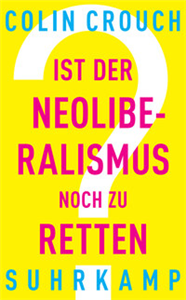Coline Serreau became famous in 1985 when her third film, Trois hommes et un couffin (Three Men and a Baby), the most successful French film of the 1980s. She was already known in France for her major contribution to feminist documentaries with the acclaimed Mais qu'est-ce qu'elles veulent?, a series of interviews with French women made between 1975 and 1977. She is now a key figure in French cinema and drama, with international hits including Romuald et Juliette (1989) and La Crise (1992). This appraisal of her work situates her films within the social, cultural and political context of France since May 1968, and assesses th emajor impact of the women's movement on French society and culture. Politics and sexual politics, two key aspects of Serreau's films and plays, are thoroughly examined. This book also considers the cultural influences of her work, and provides an overview of her films and filmic skills. Special attention is given to comedy, the cinematographic genre favoured by Serreau and the French audience, which is apprehended from a historical and gendered perspective. The clarity of the style and the wide-ranging analysis of Serreau's films and filming techniques make this book relevant both to students of film and film enthusiasts.


























